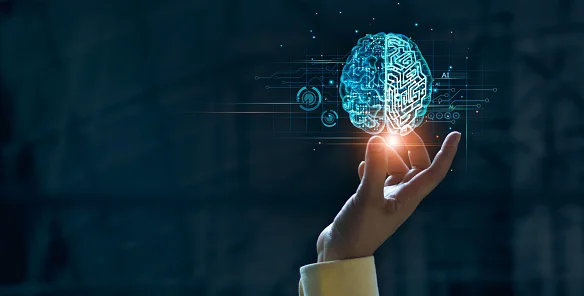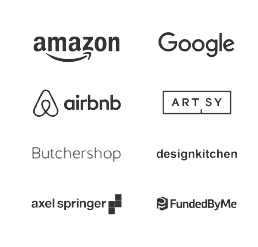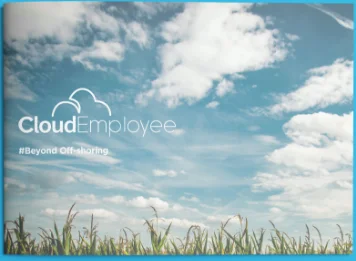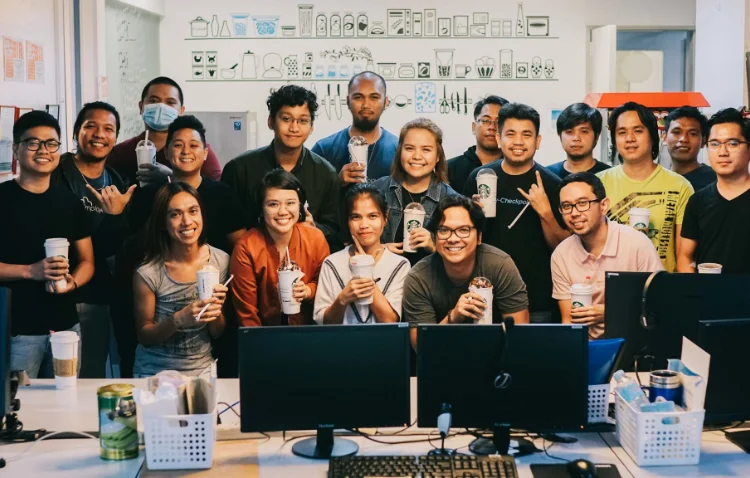In just ten years, the internet has evolved dramatically!
Our daily lives have been impacted by the progression of the internet.
In our personal, professional, and educational lives, we use the internet almost every day.
It is impossible to overstate the importance of the internet in history.
Its possibilities are still being realized, despite the industry's exponential growth since its inception.
Today's internet is like the automobile industry of 1920, according to experts.
In the same way, the automobile of the time was a game-changing technology, the internet is an emerging technology that is still in its infancy and needs significant improvements.
The article will discuss the latest paradigm shift taking place on the internet: Web3.
Here, we'll explain what Web3 is, what it gets used for, and why aspiring developers need to know it.
Let’s Start!!

Web2 and Web3 differ in a few ways, but the essence of both is decentralization.
By adding a few new features to the internet as we know it today, Web3 enhances the internet as we know it. In more detail, Web3 is:
- Participants can collaborate and communicate on the network publicly or privately without needing a trusted third party.
- Participants can participate without permission from a governing body, including users and suppliers.
- A community of developers creates apps using open-source software, and they are in the public domain.
In Web3, developers rarely create and deploy apps that run on a single server or store their data in a single database, often hosted and managed by a single cloud provider.
Alternatively, The Web3 app environment combines blockchains, peer-to-peer networks with many nodes (servers), or a hybrid of the two, called decentralized apps or dApps.
To establish a secure and stable decentralized network, developers are rewarded for providing the highest quality services to everyone using the service.
The topic of cryptocurrency also comes up when discussing Web 3.
As a result of their reliance on cryptocurrencies, many of these protocols have a financial incentive from tokens to develop, govern, contribute to, or improve them.
In addition to providing compute, storage, bandwidth, and identification, these protocols can provide web hosting and other online services previously provided by cloud providers.
In addition to technical skills, people can earn a living in a variety of ways by participating in the protocol.
Users of the protocol, however, usually pay a fee to use it, much as they would pay a cloud provider.
A typical network participant or developer receives the money directly from the network.
In this way, just as in other forms of decentralization, the need for unnecessary and often wasteful intermediaries is reduced.
Filecoin, Livepeer, Arweave, and The Graph, for example, have utility tokens that govern how the protocol works.
In native blockchain networks, like Ethereum, these tokens are given to participants at all levels of the network.
How Does Web3 Identify Users?

Most often, an ID in Web3 apps is associated with a wallet address.
In previous versions of the platform, identity was based on the user's email address.
In contrast to Web2 methods of authentication like "OAuth" or "email + password," which almost always require users to divulge private information, Wallet addresses are entirely anonymous unless the user deliberately links their identity with it in public.
Further, suppose a person uses the same wallet for various dApps.
In that circumstance, their details and identity can be transferred seamlessly between them, creating a virtuous cycle in which their reputation can be built up.
In addition to traditional authentication and identity layers, developers may incorporate self-sovereign identification protocols and technologies such as Ceramic and IDX into their apps.
Additionally, the Ethereum Foundation is in the process of developing a specification for "Sign in with Ethereum ", which would simplify and document the process for Ethereum users in the future.
There is no doubt that Web3 holds great promise for the creation of applications that are truly open, permissionless, and trustless.
Web3's Functions
After reaping the benefits of the Web2 wave, we are now seeing the first signs of the next major paradigm shift in online applications, aptly dubbed Web3.
Semantic Web, called Web3 by Tim Berners-Lee, the creator of the Web, represents an even greater change.

It is this shift to open, trustless, and permissionless networks that will ultimately eclipse all others.
Coordination and incentives are needed to motivate the long tail of workers, service providers, data providers, and content creators.
There are many challenges in the fields of health, food, finance, and sustainability. Networks that are open, trustless, and permissionless have led to instability.
As it happens, the arrival of mobile, social, and cloud drove Web2, whereas the arrival of edge computing, decentralized data networks, and artificial intelligence will drive Web3.
In Web2, data centers repurposed newly commoditized personal computer hardware, but in Web3, the data center is pushed out to the fringes and often close to end-users.
A plethora of sophisticated computing resources are being distributed across many devices including smartphones, laptops, appliances, sensors, and cars.
In 2025, this is expected to lead to 160 times more data being produced and consumed than before.
A decentralized data network allows various data generators such as the health and wellness data of individuals, the crop data of farmers, including car position and performance data, and virtually any other relevant data about a specific individual - enabling them to sell or trade their data without giving up ownership, privacy, or relying on third parties.
Thus, the long tail of data providers can be included in the developing "data economy" with decentralized data networks.
With Artificial Intelligence and Machine Learning algorithms, we have reached the point where we can generate useful and even life-saving predictions and actions.

In areas like precise materials, medication creation, and climate modeling, the potential applications go far beyond targeted advertising when built on top of new decentralized data structures that provide access to the sort of data that would make IT giants jealous.
A future where people and machines can interact without intermediaries is possible thanks to Web3.
This capability is enabled by peer-to-peer networks, resulting in a computer fabric that is human-centric, privacy-preserving, and modular.
Work with world leading tech businesses
We connect high-performing software engineer talent in the Philippines with some of the world’s leading and most innovative Tech companies.
Submit CV













